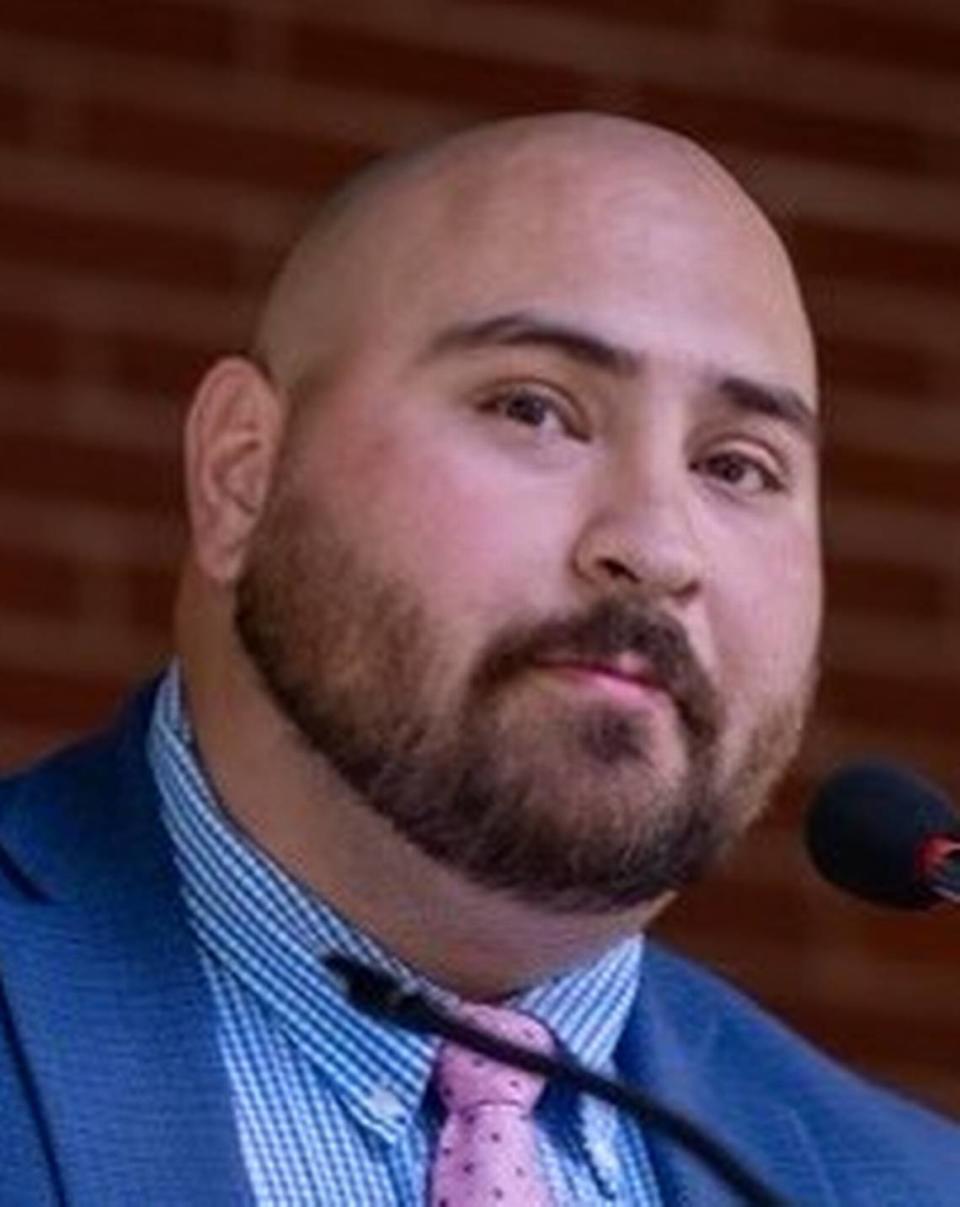This medical marijuana bill won’t turn NC into a pothead’s paradise | Opinion
North Carolina prides itself on supporting veterans and promoting medical innovation and freedom. With Kentucky recently legalizing medicinal cannabis, however, 38 states are now more committed to these issues than the Tar Heel state.
But the North Carolina legislature has the opportunity to change that. The N.C. House is considering a bill, the Compassionate Care Act, that would allow physicians to prescribe cannabis products to a limited subset of patients.
Legislators should seize this historic opportunity for North Carolina’s patients, veterans and medical community.


For many, medical cannabis has a bad reputation: The legal systems enabling it have been abused in some areas of the country in ways that undermine the rule of law. Further, the medical legitimacy of a terribly ill patient smoking a joint on the street strikes many as implausible, if not perverse. This bill addresses both concerns while enabling patients to receive the care that is best for them.
Rigorous scientific studies have demonstrated the benefits of cannabis products for some conditions. The National Academies of Sciences, Engineering, and Medicine compiled and assessed the results of over 10,000 scientific studies on cannabis. The resulting report highlights that cannabis can help those struggling with nausea due to chemotherapy, muscle spasms due to multiple sclerosis, and chronic pain. It can also help those with autism and epilepsy.
Other studies have not only corroborated these positive findings but found that cannabis can help those struggling with post-traumatic stress disorder (PTSD) — which burdens many veterans — and that it has actually helped reduce dependence on opioids among those struggling with pain. By offering less addictive alternatives to the veteran community, legislation that encourages a diversity of solutions, as the Compassionate Care Act does, will encourage more people to seek help.
These studies note potential side effects, but they are not an argument for prohibiting medical cannabis, but rather are an argument for requiring a doctor’s supervision — which this bill does. Doctors would have to provide the equivalent of a prescription for it and could only do so for 14 conditions listed in the bill. All of these conditions have scientific studies that demonstrate the efficacy of cannabis. And patients could only have enough on hand for 30 days.
These are the same steps we take for other types of medical treatment that are widely and safely available today.
These regulations are just part of a broad matrix of safeguards this bill would erect. Before prescribing, doctors would have to check if the patient has struggled with substance abuse. Doctors can’t advertise that they can prescribe cannabis. Smoking cannabis would not be allowed near certain institutions, such as schools. This bill is clearly designed to prevent children in particular from obtaining marijuana.
While this bill would introduce greater freedom and more options to patients and veterans suffering from some acute challenges, it won’t transform North Carolina into a pothead’s paradise.
These restrictions will make it difficult for some patients to access products that would best treat their condition, but the cautious approach matches the conservative temperament of the Tar Heel state.
But just because a state is conservative in its values doesn’t mean it can’t provide the best possible care for its veterans and others who are struggling with debilitating pain or PTSD. Mississippi, Alabama, and Oklahoma have all permitted medical cannabis and nobody will accuse those states of being progressive bastions. And the N.C. bill is receiving substantial support from Republicans.
Allowing individuals to access the best possible treatments for their conditions shouldn’t be conservative or liberal. It should be common sense. The Compassionate Care Act empowers individuals by opening up to patients a new class of scientifically proven treatments. The legislature should pass it.
Dalton Clark is the legislative liaison at Americans for Prosperity-North Carolina. Rep. Allen Chesser is a former combat veteran and a first year N.C. House member (Dist. 25).

